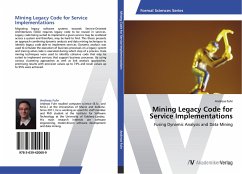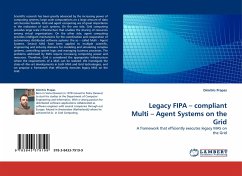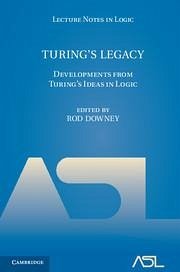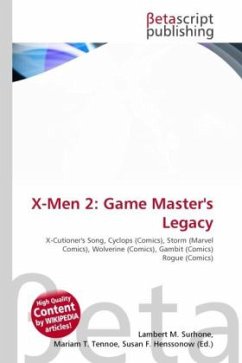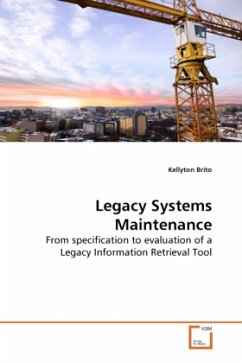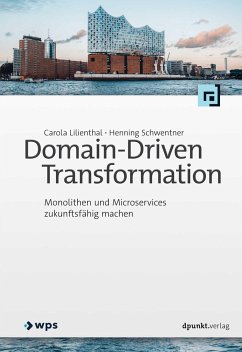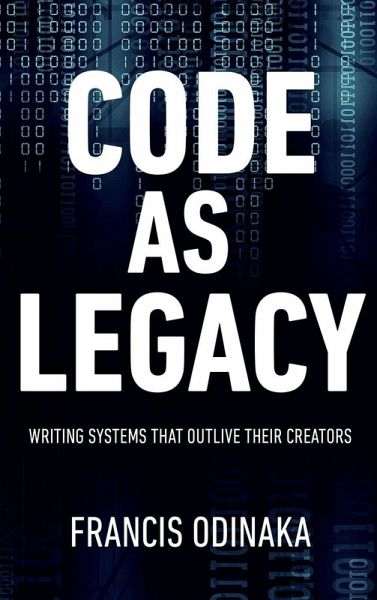
Code as Legacy
Writing Systems That Outlive Their Creators

PAYBACK Punkte
9 °P sammeln!
Code outlives its creator. This is the quiet, profound truth at the heart of this book, which redefines programming not as a technical craft but as the most significant act of modern authorship. Our digital civilization runs on code written by people who are gone, scripts that execute faithfully long after their authors' names have been forgotten. This is our legacy-an inheritance of logic that governs daily life, from financial transactions to global communications.We exist in a paradox: technology churns at a blinding pace, yet certain systems endure for decades, becoming the invisible backb...
Code outlives its creator. This is the quiet, profound truth at the heart of this book, which redefines programming not as a technical craft but as the most significant act of modern authorship. Our digital civilization runs on code written by people who are gone, scripts that execute faithfully long after their authors' names have been forgotten. This is our legacy-an inheritance of logic that governs daily life, from financial transactions to global communications.We exist in a paradox: technology churns at a blinding pace, yet certain systems endure for decades, becoming the invisible backbone of our world. This book explores that duality, arguing that code is a unique cultural artifact, a crystallization of thought that bridges the gap between human intention and machine action. Unlike literature, which requires interpretation, code executes with unyielding clarity, its functions and loops operating precisely the same today as they will thirty years from tomorrow.This enduring power carries immense responsibility. To write code is to communicate with the future, to make decisions that will shape the experiences of generations to come. Through stories of enduring systems and principles of clarity, this book challenges every programmer to embrace the ethics of authorship. It is a call to write with clarity, document for maintainability, and structure code for the unknown developers who will one day inherit it. This is not a burden of perfection, but a privilege of participation in human continuity. Every commit is a seed planted for a forest that may shelter lives far beyond our own. This book is a mirror and a window, reflecting the true weight of our work and opening a vision of coding as the practice of building a legacy that will speak long after we are gone.





